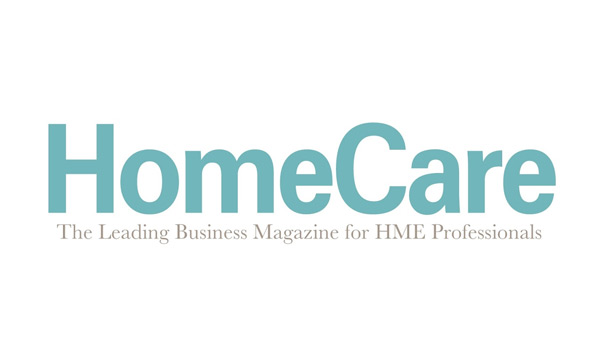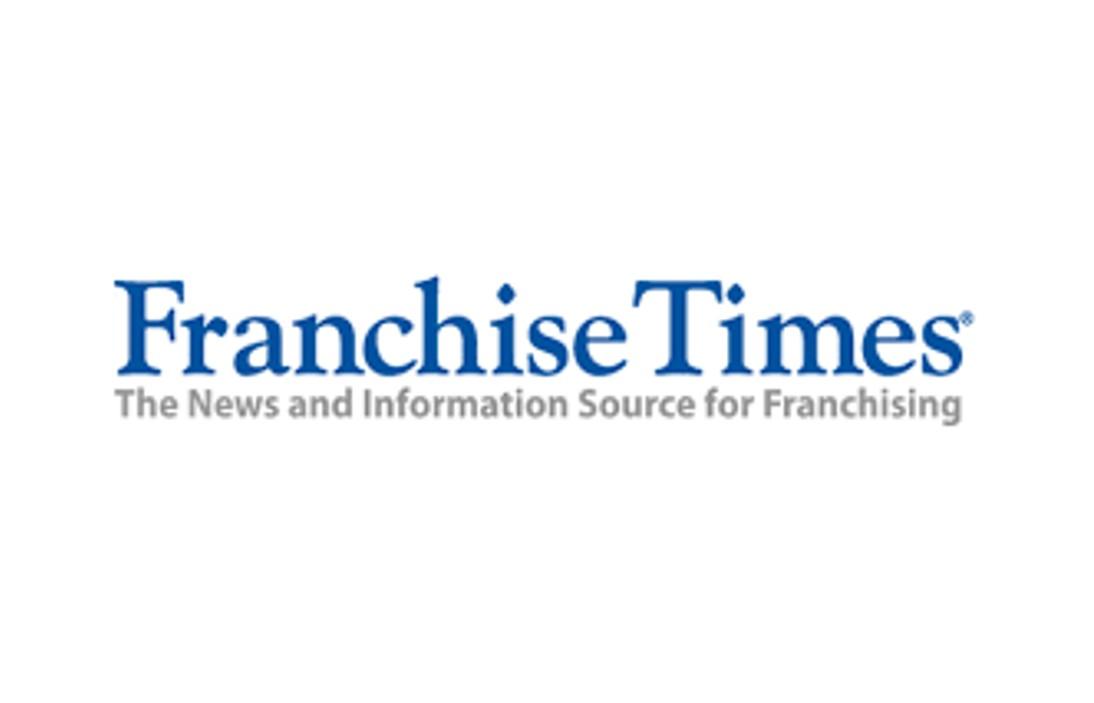Making the decision to go into business for yourself can be daunting. There’s any number of regulations and requirements to meet before you open the doors. Joining a franchise business model may help ease that transition—but first, you need access to capital.
Homecare is booming in the midst of the pandemic, as more people choose to stay home rather than pursue intuitional care. Entrepreneurs looking to get into homecare—or to scale their existing business to better serve their community—can consider partnering with a franchised provider.
BoeFly was created 10 years ago to help potential franchisees connect with financing sources for their business needs. The company also does due diligence on the part of the franchisor to rule out those who don’t fit with stated company culture and goals. Mike Rozman, the founder, and CEO of BoeFly, recently sat down with HomeCare to talk about trends in homecare franchising, how to access capital and the future.
HOMECARE: BoeFly was founded 10 years ago. What changes have you seen in small business lending since then?
ROZMAN: We find that lenders will come in and out of the market. It’s probably one of the things that’s really become very clear over the years. At any given time, there is a lender who’s super active and the pendulum swings back and that lender becomes inactive. One of the big things we’ve seen is the importance of having a network of lenders to work with because I’m continuously surprised that there’ll be a lender who’s very active in either conventional or SBA loans and they’ve needed to pull back for various reasons. I think that change—or at least that that’s one education I’ve had—which is you can’t count on a lender to remain in the market forever. And that’s where we see that the importance of a network; we’re a network of lenders.
HOMECARE: How did the pandemic change homecare franchising? Is it a good time to scale a business?
ROZMAN: We’ve actually seen the brands that we work with generate significant growth. And in part, I think it’s because families are looking to care for their family or provide care for their family members. I think a lot of people have come to believe that in-home care is superior for a lot of reasons. And I think that’s trickled right down through to the franchise businesses that we work with. They’ve seen significant growth this year, both on the number of clients that they’re serving, but also the number of franchise units that they have. I think it’s a great time for a homecare business to think about scaling through franchising. There’s a lot of people who have learned that by being a part of a franchise system, your pathway to success is—I wouldn’t say guaranteed—but significantly supported.
One of the things that we see a lot is the franchisor supports their franchisees. Just by way of example, I’m sure you follow the PPP loan program. When you go back to those first days, businesses were scrambling to try to figure out how to access capital and those franchise brands that we worked with and were able to very efficiently send their franchisees our direction. And we’re able to match them up with lenders who we knew were active in the PPP program right away. I think that’s a good example of how a franchise or can support their franchisees. And that’s why we’re seeing more people get into franchising.
HOMECARE: Tell me about building a network. How does a network help small business owners access more resources? Who should a homecare business owner have in their network?
ROZMAN: We actually saw this within the homecare market. Some lenders just got cold feet in the face of the pandemic and decided to hold off on all lending. And that’s why it’s very important to have an array of lenders to work with. So that, heaven forbid, a lender pulls back, you have another option available to you. So, in our case, we always work with multiple lenders to deliver that service to our customers so that they’re not just facing off with one lender.
So to answer your second question, any business owner should have pathways to the services that they need. So for instance, don’t think of yourself as locked into one lender—which is not to say you can’t have a great relationship with a bank or a finance partner—but make sure that you’re not putting all your eggs in one basket, because you don’t want to be terribly shocked to find out that they won’t return your call on the status of your PPP. Where are you going to go next?
The franchise owner is often thinking “how do I deliver on this promise,” whether it be payment processing or acquiring PPE or securing financing for the franchise business. We do see that as a strong value proposition of franchising, brands think of to help their providers, whether it be financing or other services that they’re going to need. And in the event that something goes awry, they’re going to be well-positioned to provide a backup service.
HOMECARE: How does data help small business owners succeed?
ROZMAN: So if someone’s thinking about franchising their business, the phrase that we use a lot of is “unit economics;” how does your business perform financially? And what are those key metrics that you would need to be able to share with a prospective franchise buyer? For example, count of customers, the billing rates, profitability numbers. One of the things that we think a lot about is in the case of assessing the wherewithal of a new business owner, understanding their net worth their liquidity, their credit; all these data points come into play to make sure that the franchise applicant is going to be successful. And it’s really just thinking of it from a very data-driven standpoint.
HOMECARE: What are you seeing on the horizon for franchising?
ROZMAN: We see more growth. So anytime there’s a tightening in the job market or pressure in the job market, we see people turning to franchising. So there was a lot of job displacement through the pandemic, and I think a lot of individuals have thought about how could they potentially gain business ownership. So we’re seeing strong growth. And I think some of the challenges in the job market are helping to facilitate that growth. We know firsthand that those new franchisees need access to capital and access to capital is going to be a headline matter because there is, again, a lot of lenders have pulled back. If someone’s going to get into business ownership—whether it be an independent or through a franchise—we’re making sure that they have access to capital to meet that need. It’s going to be critical going forward.
I think it comes down to getting educated. The individual needs to get educated about where the market is. The core with getting educated is to understand what the unit economics of that business are, understand what the key drivers of the business are going to be by going back to that data point, understanding what a good healthy business looks like and the importance of access to capital to help an individual succeed.
To view the original article, click here.



